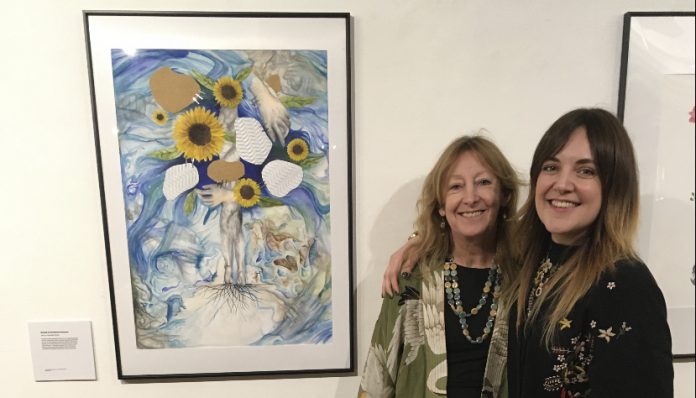A woman who has suffered from a rare disease throughout her life is “excited” to be taking part in a new campaign.
Called I Am Number 17, the campaign aims to raise awareness that rare conditions are more common than people might think.
Twenty-nine-year-old Congleton woman Sally Hatton lives with hypophosphatemia (XLH), a hereditary disease that affects the bones and muscles.
She said: “Even though conditions can be really rare, collectively rare conditions are quite common.
“We’re trying to raise awareness that rare conditions actually occur quite often, to get people to think that there are a lot of people out there with conditions that you maybe don’t know about.
“It’s really exciting – XLH is so rare, and the other conditions are so rare, but we are making the conditions more public and reaching out to other people.”
She added: “It’s something really important to me, just to make people aware that sometimes people are different. People have clear ideas about disability and ability and it’s interesting to share stories that are a bit different to that.”
I Am Number 17 is a campaign pioneered by 17 people with rare conditions across the UK who hold a collective goal, to draw attention to the fact that one in 17 people will be diagnosed with a rare disease.
The campaign began in January last year and campaigners have previously told their stories about the challenges of growing up. Towards the end of last year they illustrated their experiences in London art galleries.
Each of the 17 was paired with an artist who made a piece based on their lives and they are now hoping to tour the UK with the artwork.
Speaking about living with XLH, Miss Hatton said: “It is caused by a lack of phosphate in the blood, a mineral that is used for bone growth. It affects bones mainly but also muscles, and it’s progressive, meaning it gets worse as you get older.
“It was quite difficult growing up and looking different because it affects the way you walk, and you want to fit in and be like everyone else.
“That was one of the reasons as well that I was interested in this campaign because it’s not symptoms that people typically see.”
Miss Hatton, who was lucky to be diagnosed at 18 months old when she started to walk, hopes that by spreading awareness it may help others who might be affected.



